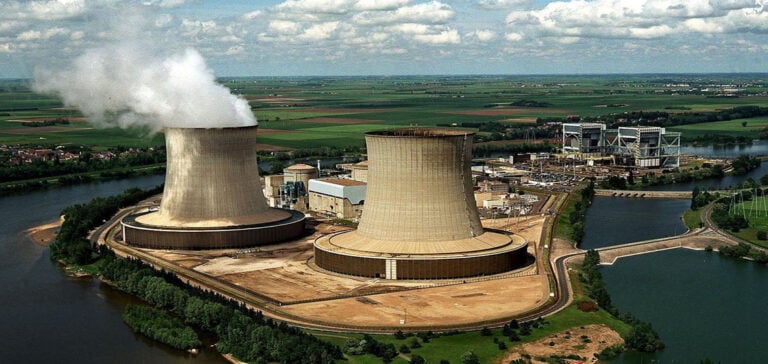Reducing energy consumption in France is back in the spotlight as winter approaches. For the second year running, reducing our consumption of gas, electricity and fuels promises to be a major challenge. However, this difficult task could have been anticipated by adequate investment, as energy sector managers and observers point out. A symposium organized by the government this week aims to find solutions to maintain the effort to reduce consumption.
Energy Sobriety in 2022
In the previous year, calls for energy sobriety were particularly well received due to rising energy prices across Europe, prompting households and businesses to reduce their consumption. However, France may have been less affected than other European countries, thanks to a state-financed financial “shield” to limit rate increases. According to the Bruegel Institute, France ranks in the second half of European countries with the highest gas savings in 2022.
The French Ministry of Energy Transition is seeking to revive the importance of reducing energy consumption by organizing a symposium bringing together a variety of stakeholders, from tech giants like Google France to representatives from the film and construction industries.
Last winter, the threat of power cuts due to insufficient nuclear energy production by EDF reinforced the need for energy discipline. The question now is: can we do better this winter?
Energy Efficiency Perspectives
Thierry Trouvé, Managing Director of GRTgaz, expresses doubts about our ability to further reduce consumption over the next two months. He believes that maintaining the previous year’s level of consumption would be a more realistic assumption. However, he doesn’t foresee any let-up either, as the population remains highly sensitive to gas and electricity prices, and continues to take steps to save money.
GRTgaz, which manages the gas distribution network in France, reports a drop in public gas distribution, excluding industrial sectors and gas-fired power plants, of -9.5% between August 2022 and July 2023, compared with the same period in 2018-2019, after climate adjustment. At the same time, RTE, which is responsible for managing France’s electricity needs, estimates that consumption will fall by -7.4% compared with 2014-2019.
However, when it comes to fuels, the situation is far from optimal. French oil distributors point out that demand for fuels is not declining, remaining on a trend of -1% per year, whereas a reduction of -5% would be necessary to achieve the objectives of reducing demand for fossil fuels, which is crucial in the fight against climate change.
Solutions and Measurements
So what can we do to meet this challenge? There are simple gestures that everyone can adopt, such as turning off lights unnecessarily and maintaining a heating temperature of 19°C. However, there are other ways of reducing energy consumption, particularly in retail and office buildings, which are often identified as areas of energy loss. The necessary changes, however, cannot be made overnight. If the investments weren’t made during the summer season, it’s unlikely that winter will be any different. Everything counts: from doors to refrigeration units, rigorous management of energy consumption, and control of ventilation, heating and lighting.
The tertiary sector accounts for 30% of electricity consumption in winter, and could achieve savings of up to 20% without too much effort, with awareness and appropriate technical management. However, in the housing sector, energy renovation is hampered by rising costs and high out-of-pocket expenses for households. The market for boilers, radiators and even heat pumps has shown signs of slowing since the beginning of the year.
Nevertheless, energy-saving actions seem to persist in spring and summer. RTE found that the thermostat had dropped by 0.6°C during the last winter, thanks to a survey of thousands of respondents. A growing proportion of the population declares that it heats to 19°C or less, which represents a step in the right direction towards energy reduction targets. However, there’s still a lot of work to be done, as a large proportion of the population remains ill-informed about the temperature of their homes, a crucial factor in reducing our energy footprint.






















